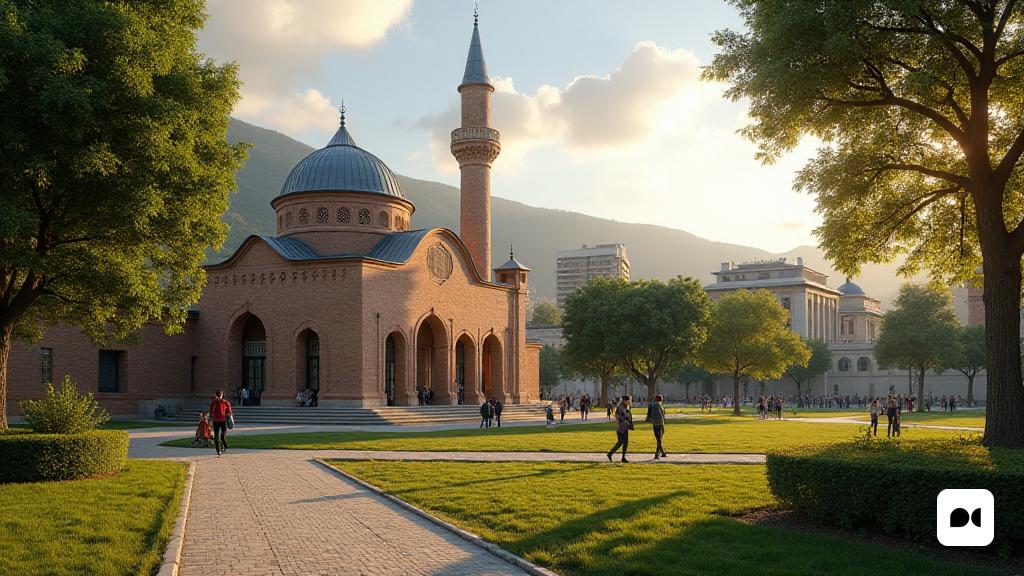The voice of Sílvia Orriols and her criticism of mosques
Sílvia Orriols has brought the debate on religious radicalization to the parliamentary stage, focusing on the proliferation of mosques in Catalonia. Her position, marked by a forceful discourse, has generated controversy and diverse reactions among members of the chamber.
A context marked by the attacks
The city of Ripoll, where the 2017 attacks took place, has been a starting point for Orriols. His criticism of Islam is based on the feeling of fear that these events have generated in society, allowing him to develop a discourse that questions multicultural coexistence.
The reaction of left-wing parties to the controversy
Orriols’ stance has tested the left, which finds itself caught between defending cultural diversity and criticizing practices that can be considered misogynistic. The silence of progressive parties in the face of events such as the National Islamic Congress in Torredembarra demonstrates the difficulty of managing these tensions.
Feminism and Islam: a complex dilemma
Orriols has expressed her frustration with what she considers hypocrisy in contemporary feminist discourse, noting that, while initiatives for equality are promoted, misogynistic attitudes are tolerated in other areas. Her criticism of MP Driouech illustrates this tension.
Alarming data on radicalization in Catalonia
Official statistics confirm that Catalonia is a hotbed of counter-terrorism activity in Spain, with two-thirds of police operations carried out there. The region is home to 80% of the country’s Salafist oratories, a fact that is causing concern among the authorities.
Jihadist threats and public safety
Recently, the Mossos d’Esquadra reported the detection of jihadist messages inciting attacks against security agents. This strategy includes the use of fires to weaken emergency responses, which poses an additional challenge for law enforcement.
A reflection on the future
The debate on radicalization and coexistence in Catalonia is more relevant than ever. Society is faced with the challenge of balancing religious freedom with security and gender equality, a task that will require an open and constructive dialogue between all the actors involved.

